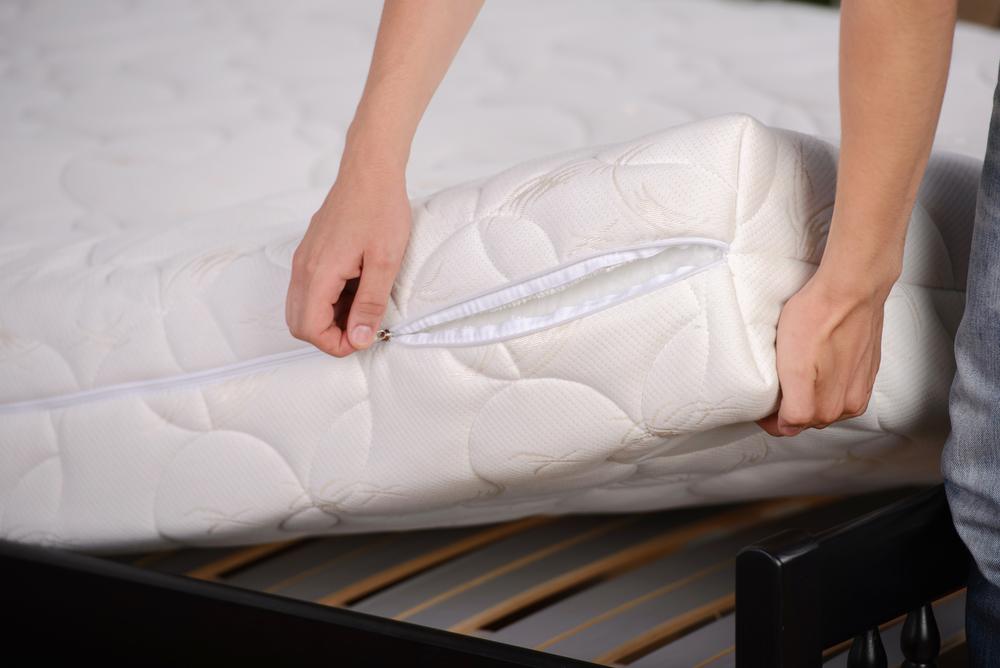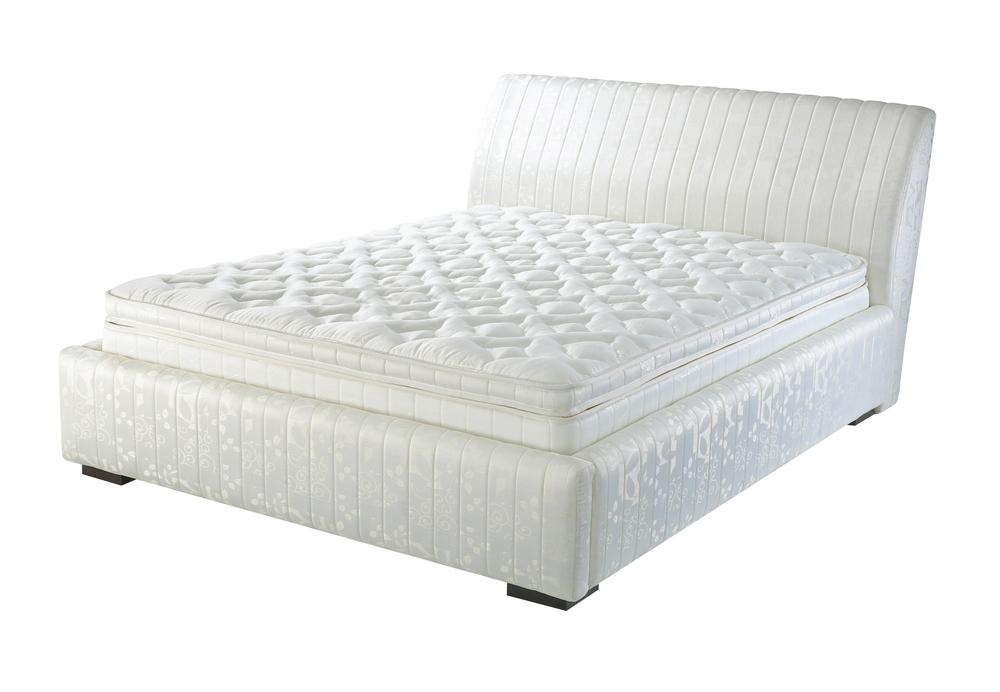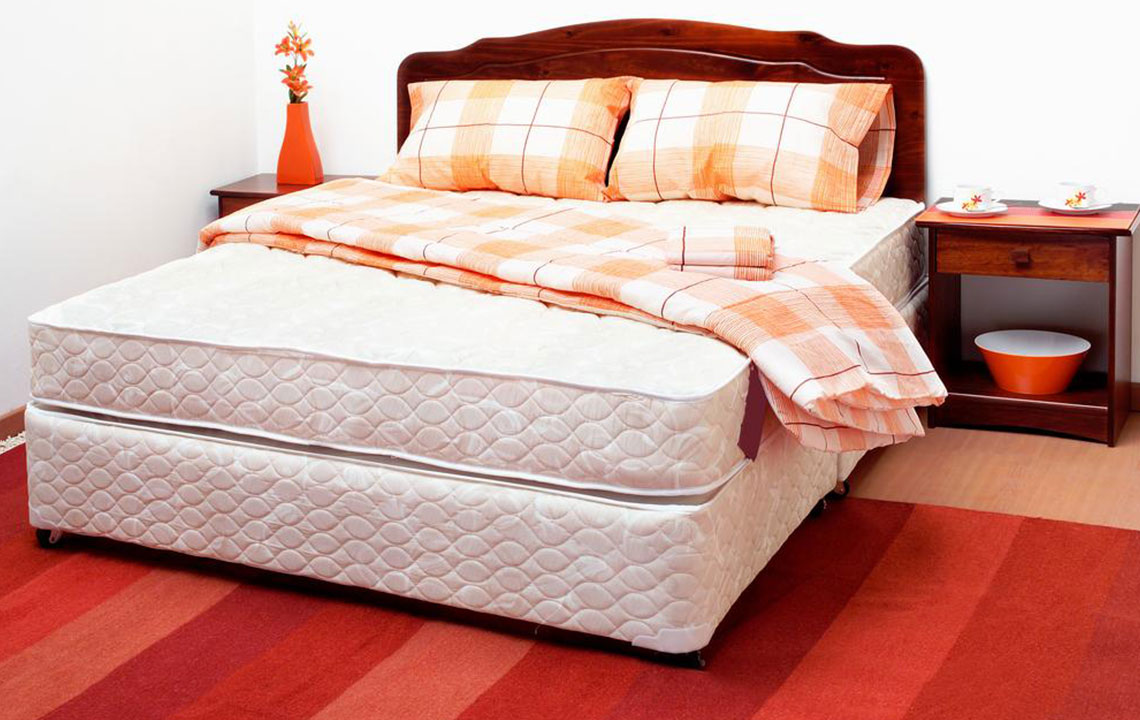The Ultimate Guide to Recognizing When It's Time to Replace Your Mattress
Discover the key signs that indicate when it’s time to replace your mattress. From aging and comfort issues to health concerns, learn how to identify the right moment to upgrade your sleep surface, ensuring better health, improved sleep quality, and overall well-being. This comprehensive guide helps you make informed choices for a healthier lifestyle through optimal sleep support.

The Ultimate Guide to Recognizing When It's Time to Replace Your Mattress
High-quality sleep is fundamental to maintaining overall health, mental clarity, and physical well-being. A significant factor influencing sleep quality is the condition of your mattress. An outdated or uncomfortable mattress can lead to persistent aches, poor sleep quality, and long-term health issues. The importance of selecting the right mattress cannot be overstated; it supports spinal alignment, relieves pressure points, and helps you wake up refreshed. Understanding when to replace your mattress is crucial to ensuring your sleep remains restful and health-supporting.
This comprehensive guide outlines the leading indicators that signal it’s time for a new mattress. Whether you sleep alone or share your bed, the condition of your mattress plays a critical role in your sleep quality. Regularly evaluating its condition can help prevent future health problems and ensure you enjoy optimal rest every night. Moreover, consumer reviews can serve as a valuable resource when selecting a new mattress, guiding you toward top-rated models that cater to your specific comfort and health needs.
1. Age of Your Mattress
One of the most straightforward signs that it’s time to replace your mattress is its age. Experts typically recommend replacing mattresses every seven to ten years. However, age alone isn’t the sole indicator—wear and tear are equally important. If your mattress is over seven years old, it’s crucial to assess its condition. Look for visible signs of deterioration such as sagging, lumps, or noticeable indentations. Over time, materials break down, reducing support and comfort. An aging mattress can also lose its ability to align your spine correctly, leading to discomfort and pain.
Furthermore, as your body changes with age, your support needs may also evolve. An older mattress may no longer provide the necessary support to alleviate pressure points or maintain proper spine alignment. This can translate into morning stiffness, back pain, or persistent discomfort, making it evident that a replacement is needed.
2. Poor Sleep Quality and Disrupted Rest
If you find yourself waking up feeling unrested or experiencing frequent tossing and turning, your mattress may be the culprit. An unsupportive or uncomfortable mattress can cause your body to repeatedly shift during sleep, preventing you from reaching deep restorative stages. This can result in fatigue, irritability, and decreased productivity during the day. Moreover, persistent discomfort such as neck, shoulder, or back pain upon waking is a clear signal that your sleep surface isn’t effectively supporting your body.
Addressing these issues by replacing your mattress can dramatically improve your sleep quality, leading to increased energy, better mood, and enhanced overall health. Quality sleep is essential for physical recovery, mental focus, and emotional stability. If poor sleep persists despite other lifestyle adjustments, consider investing in a new mattress designed with advanced support and comfort features.
3. Mattress Size and Space Comfort
Changes in your living situation, such as sharing your bed, may require upgrading to a larger size. What once was sufficient when sleeping alone might no longer meet your needs—especially if your partner moves frequently or snores loudly. A larger mattress like a queen or king size can ensure both of you enjoy unobstructed, restful sleep. Properly accommodating your sleeping partners prevents disturbances, reduces stress, and promotes better health and emotional well-being. Remember, the goal is to find a mattress that offers ample space and support for everyone using it.
In addition, movements during sleep—whether you toss and turn or shift positions—can indicate that your current mattress isn’t providing adequate support or comfort. Upgrading to a bigger or more supportive mattress can eliminate these disruptions, making your sleep more peaceful and restorative.
4. Signs of Pest Infestation or Allergens
One of the less obvious but critical indicators that it’s time to replace your mattress is the presence of pests such as bed bugs or mites. Manifestations of pest infestation include frequent bites, skin rashes, allergic reactions, or visible evidence like tiny blood spots or shed skin. Over time, these pests can damage your health by causing skin irritations and allergies, especially if the infestation persists over months or years.
If you experience ongoing allergic symptoms, respiratory issues, or find a pattern of bites after cleaning and maintenance, it’s wise to consider replacing your mattress entirely. A fresh, pest-free mattress not only promotes better sleep but also significantly reduces health risks associated with allergens and pests. Additionally, regular cleaning and maintenance can help prevent future infestations, but the most effective solution remains replacing heavily infested mattresses.
5. Overall Impact on Health and Wellness
Your mattress plays a crucial role in your overall health and well-being. A supportive, comfortable mattress helps reduce pressure points, align the spine, and promote healthy circulation during sleep. Conversely, an unsuitable mattress can lead to chronic pain, decreased immune function, and mental fatigue. If you notice persistent discomfort, waking with aches, or a decline in mental alertness, it may be time to upgrade.
Investing in a new mattress tailored to your sleep preferences can boost your mood, productivity, and physical health. Scientific studies consistently show that quality sleep is directly linked to improved mental health, immune function, and overall vitality. Prioritizing your sleep health by replacing an aging or unsupportive mattress is a step towards a healthier, happier life.
To ensure you select a mattress that suits your demands, review top-rated models based on consumer insights. Choosing a high-quality mattress designed with your comfort and health in mind will support your sleep needs for many years to come.





